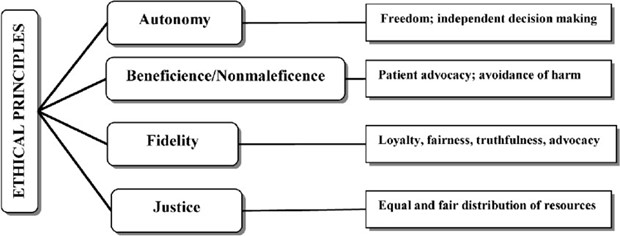A nurse in a long-term care facility is caring for an older adult client who is anxious and has trouble sleeping at night. Which of the following nursing measures should the nurse implement?
Get the client ready for sleep at the same time each night.
Move the client to a room next to the open nurses' station.
Encourage client to take a 1-hr nap each afternoon.
Play the client's favorite music in the room while the client is sleeping.
The Correct Answer is A
Establishing a consistent bedtime routine and sleep schedule can promote better sleep hygiene and help regulate the client's sleep-wake cycle. By getting the client ready for sleep at the same time each night, the nurse helps create a predictable and calming routine that signals to the body that it is time to sleep.
Incorrect:
B. Move the client to a room next to the open nurses' station: This measure may increase noise and disturbances, which can further disrupt the client's sleep. Providing a quiet and peaceful environment is generally more conducive to restful sleep.
C. Encourage the client to take a 1-hour nap each afternoon: While short daytime naps can be beneficial for some individuals, they may interfere with the client's ability to fall asleep or stay asleep at night. It is generally recommended to limit daytime napping, especially if the client is having trouble sleeping at night.
D. Play the client's favorite music in the room while the client is sleeping: While some individuals find soothing music helpful for relaxation and sleep, it is essential to consider the client's preferences. Not everyone finds music helpful for sleep, and it is important to respect the client's preferences and individual needs. Some clients may find silence or white noise more conducive to sleep.
Nursing Test Bank
Naxlex Comprehensive Predictor Exams
Related Questions
Correct Answer is A
Explanation
Leaving the child's room exactly as it was before the loss suggests that the client is unable to accept and adapt to the reality of the child's death. This behavior can be considered maladaptive because it hinders the process of mourning and moving forward. It may reflect a difficulty in accepting the loss and adjusting to life without the child.
The other actions mentioned in the options are not necessarily indicative of maladaptive grieving:
B. Visiting the child's grave every week: Visiting the child's grave can be a normal part of the grieving process for some individuals. It provides an opportunity for the client to remember and honor the child's memory.
C. Talking about the child in the past tense: It is common for individuals to talk about a deceased loved one in the past tense. This does not necessarily indicate maladaptive grieving. It is a way of acknowledging the loss and recognizing that the person is no longer physically present.
D. Volunteering at a local children's hospital: Engaging in volunteer work can be a positive coping mechanism for individuals who have experienced a loss. It allows them to find meaning, connection, and a sense of purpose through helping others.
Correct Answer is D
Explanation
Autonomy is the ethical principle that upholds an individual's right to make decisions about their own care and treatment. Respecting autonomy means acknowledging and honoring a person's right to make choices based on their own values, beliefs, and preferences. By importing a client's wishes to refuse prescribed treatments, the nurse is recognizing and respecting the client's autonomy. This shows that the nurse values the client's right to make decisions about their own healthcare and supports their choice, even if it may differ from what the nurse may recommend.
Incorrect:
A. Spending extra time to calm an agitated client demonstrates the ethical principle of beneficence, which is the duty to promote the well-being and welfare of the client.
B. Ensuring that a client understands expectations for group participation relates to the ethical principle of fidelity, which involves maintaining trust and keeping promises to the client.
C. Describing the adverse effects of a client's medications is important for informed consent and promoting understanding, but it does not directly involve the client's autonomy unless it is accompanied by a discussion of the client's choices and preferences regarding medication.

Whether you are a student looking to ace your exams or a practicing nurse seeking to enhance your expertise , our nursing education contents will empower you with the confidence and competence to make a difference in the lives of patients and become a respected leader in the healthcare field.
Visit Naxlex, invest in your future and unlock endless possibilities with our unparalleled nursing education contents today
Report Wrong Answer on the Current Question
Do you disagree with the answer? If yes, what is your expected answer? Explain.
Kindly be descriptive with the issue you are facing.
